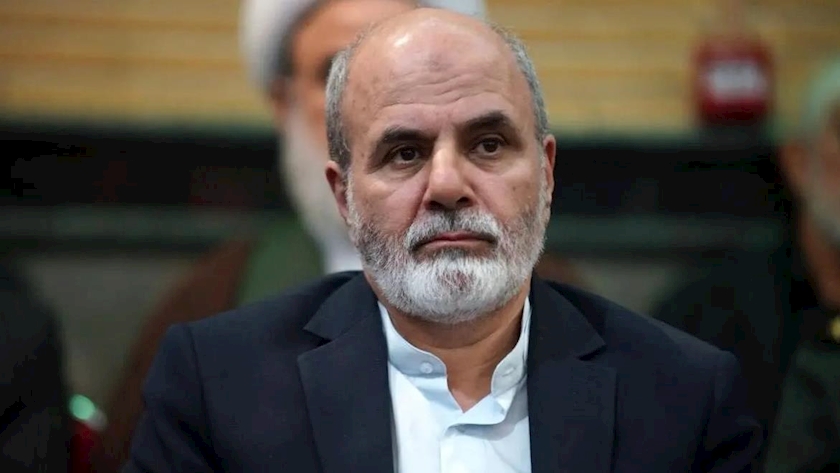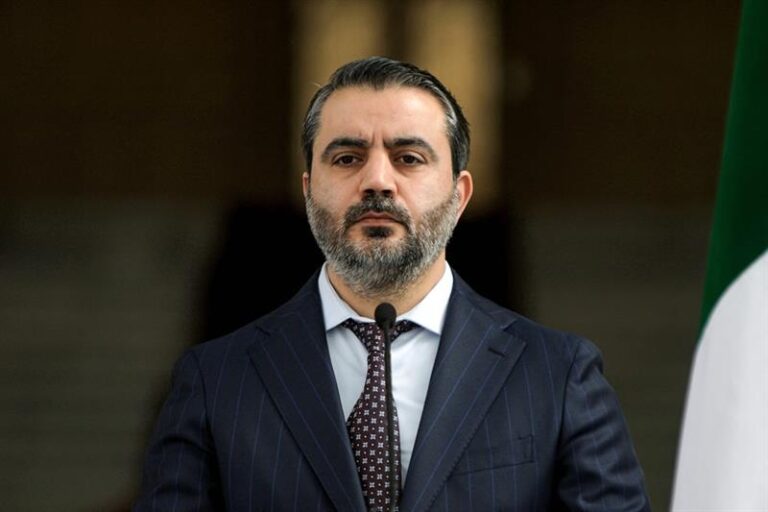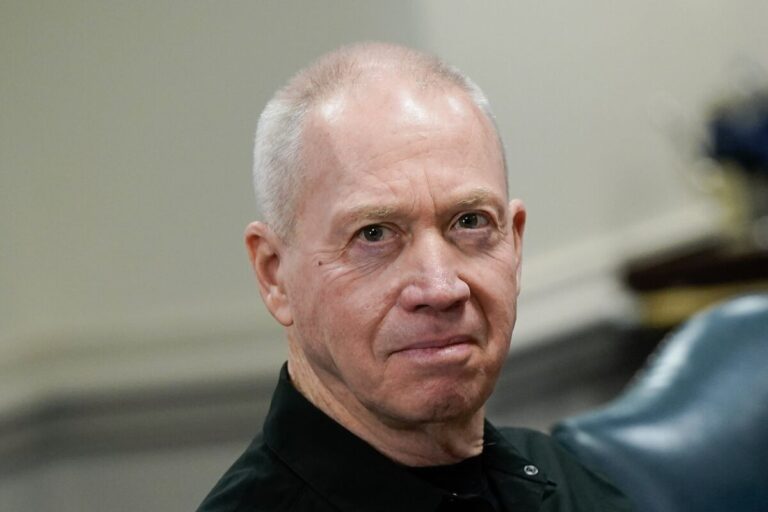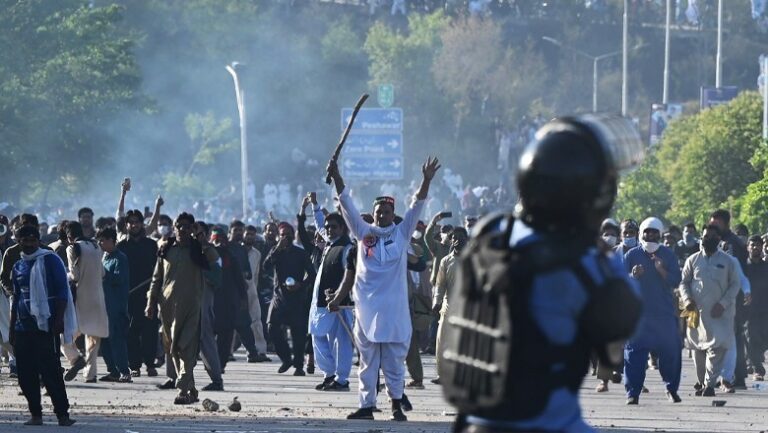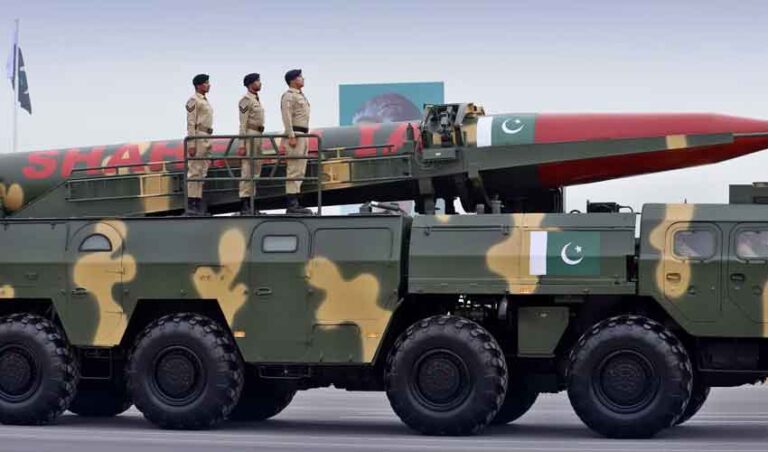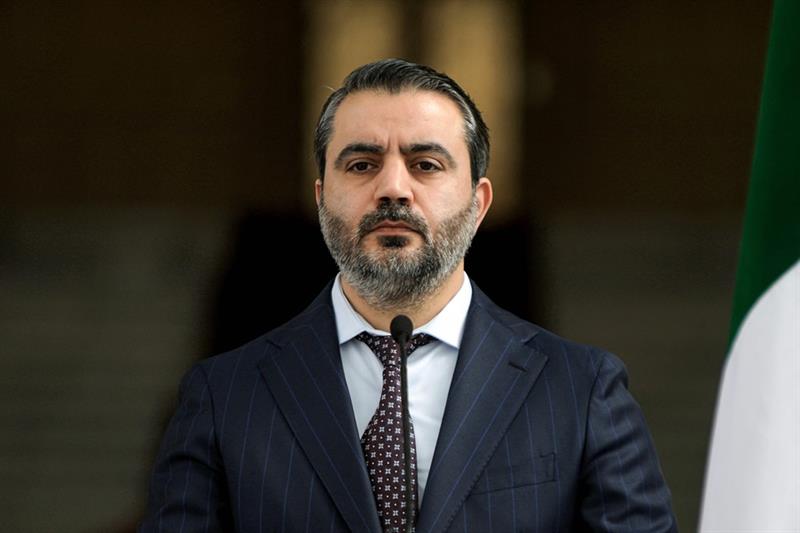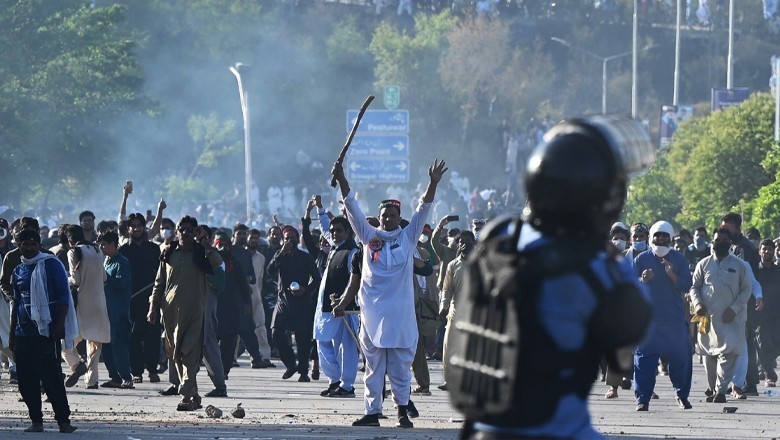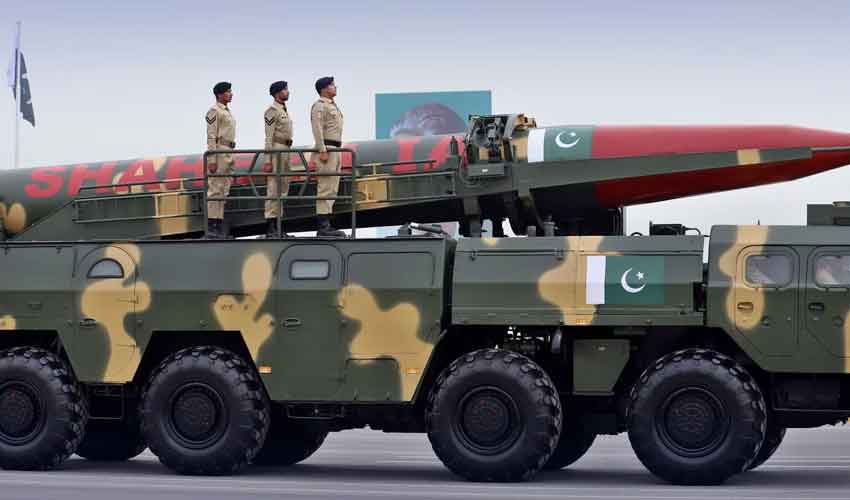Ali-Akbar Ahmadian is the head of Iran’s Supreme National Security Council (SNSC). He reaffirmed the Islamic Republic’s commitment to its longstanding nuclear doctrine. He emphasised that the country’s pursuit of nuclear energy remains peaceful. Iran fundamentally opposes the development of atomic weapons.
On Monday, during a meeting with Oman’s Foreign Minister Badr Albusaidi in Tehran, Ahmadian stressed the consistency of Iran’s policies. He highlighted the guidance of the country’s Leader, Seyyed Ali Khamenei.“Based on the relevant observation of Iran’s Leader Seyyed Ali Khamenei, the country’s nuclear doctrine has remained unchanged,” Ahmadian stated.
Emergence of New Resistance
In addition to addressing Iran’s nuclear stance, Ahmadian highlighted growing regional challenges. He specifically pointed to the ongoing Israeli occupation of Syrian territories. Ahmadian stated that the occupation has resulted in a “new form of resistance.” He added that this resistance is expected to significantly influence regional dynamics in the coming years.
His remarks come amid intensified Israeli attacks on Syria, targeting both military and civilian infrastructures. These developments follow recent escalations involving Western- and Israeli-backed militants.
Iran’s Nuclear Energy Program
Echoing Ahmadian’s statements, Mohammad Eslami, the head of Iran’s Atomic Energy Organization (AEOI), reiterated that Iran’s nuclear enrichment program serves no military objectives. Eslami pointed out that Western opposition to Syrian President Bashar al-Assad’s government is rooted in his support for Iran’s 1979 Islamic Revolution.
“If they had problems with Assad’s establishment, those problems were not with Assad’s person and his family but with his companionship with Iran’s Islamic Revolution,” Eslami noted. He called on the Revolution’s supporters to maintain their resolve and pass on their steadfastness to future generations.
Call for Impartiality
Eslami also urged the International Atomic Energy Agency (IAEA) to uphold its impartiality and refrain from provocative actions. He emphasized Iran’s adherence to its agreements with Oman aimed at enhancing bilateral cooperation across various sectors, stating that it was now up to other parties to fulfil their obligations.
Regional Implications
Ahmadian’s remarks highlight Iran’s dual approach to defending its nuclear policies while addressing broader regional challenges. As tensions persist, the reaffirmation of a peaceful nuclear doctrine underscores Iran’s intent to counter external pressures while fostering alliances with regional partners like Oman.
With the situation in Syria evolving and the birth of new resistance movements, Iran’s leadership continues to emphasize the importance of resilience and collaboration in the face of mounting geopolitical challenges.

